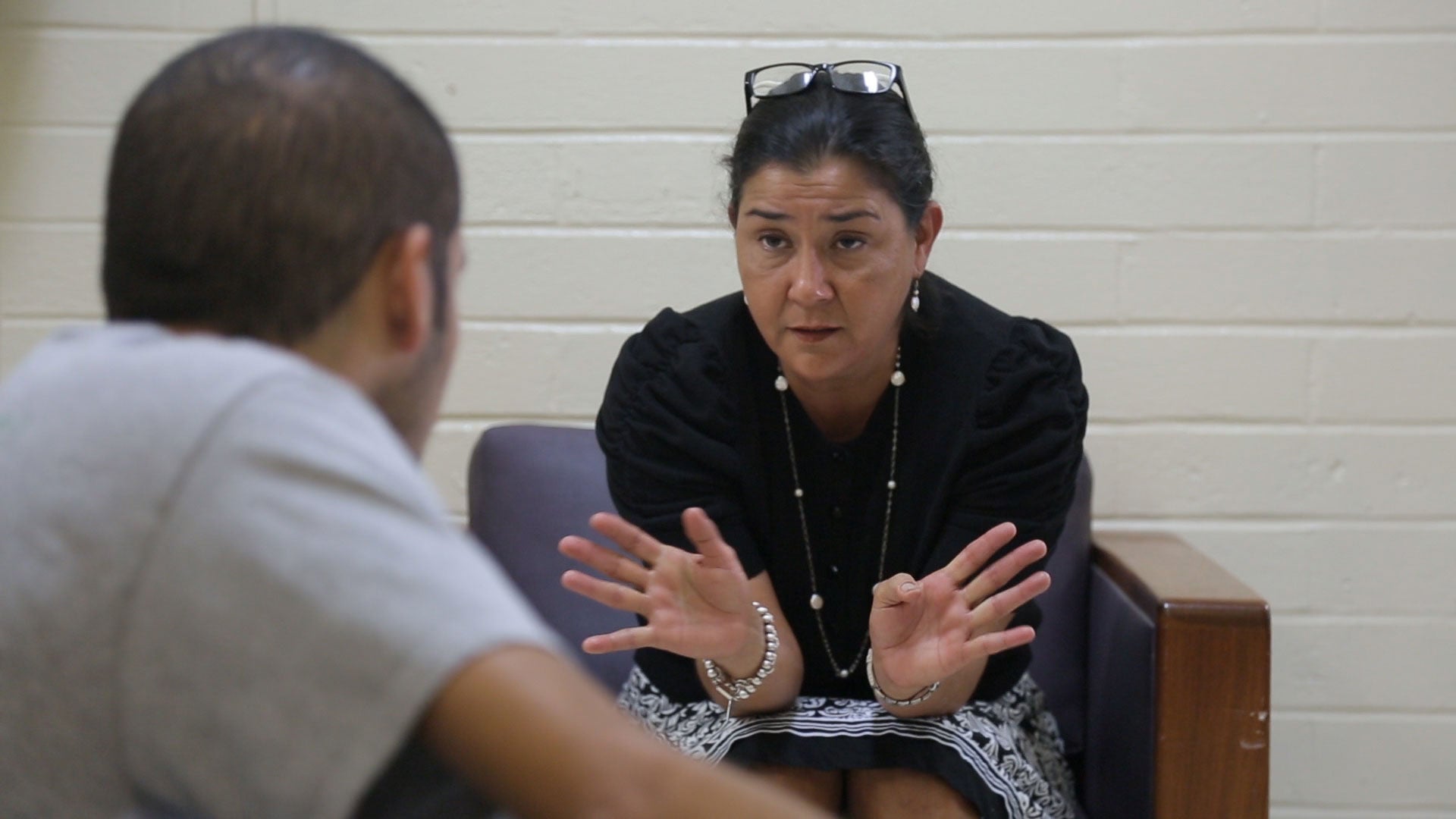Webinar: Helping Rural Immigrant Families Earn a Better Living
According to research from the UNH Carsey School of Public Policy, 1.6 million rural residents in the United States are foreign born—and more are moving to rural communities every year. Rural immigrants are more likely than their native-born neighbors to be working age (18-64), but among full-time workers, they are also more than twice as likely to be poor. Helping rural communities and economies do better means helping immigrant families earn a living that allows them to survive and thrive.
On August 18, the Aspen Institute Community Strategies Group hosted the first in a series of three webinars on rural immigrant family economic success. The first session focused on the challenges and opportunities facing rural immigrants as they try to earn a living.
Presenter Slides
- Amanda Bergson-Shilcock, National Skills Coalition
- Beth Mattingly, UNH Carsey School of Public Policy
- Jon Fox-Rubin, Valley Settlement Project (CO)
- Reginaldo Haslett-Marroqin, Main Street Project (MN)
Additional Resources
- National Skills Coalition
- Upskilling the New American Workforce, National Skills Coalition, 2016
- Missing in Action: Job-Driven Educational Pathways for Unauthorized Youth and Adults, National Skills Coalition, 2015
- Welcoming Economies (WE) Global Network – 20+ regional economic development initiatives working to tap into opportunities created by immigrants
- An Instructors’ Toolkit for Building Bridges Across Communities – mid-level, adaptable ESOL and ABE classroom activities that aim to foster dialogue across cultures and build lasting connections, especially among immigrants and US-born residents
- Networks for Integrating New Americans – a three-year federal technical assistance initiative supporting immigrant integration networks in five communities. View the Theoretical Framework for the initiative. View Lessons Learned from the initiative.
Webinar Presenters
Amanda Bergson-Shilcock
National Skills Coalition
Amanda recently authored Upskilling the New American Workforce, a report on immigrants and work. She will discuss the many challenges that face immigrants as they seek work to support their families.
Beth Mattingly
UNH Carsey School of Public Policy
Beth, author of a forthcoming report on rural immigrants, will offer some new high-level data on rural immigrants and work, comparing them to rural non-immigrant residents and their urban-immigrant counterparts.
Reginaldo Haslett-Marroquin
Main Street Project (MN)
In southeast Minnesota, the Main Street Project has focused for some time on helping Latino immigrants working in the food and farm industries. Their experience training workers and knowledge of the sector have led them to identify and innovate food and farm practices that help immigrant families produce their own food and grow what they learn into businesses. They see their work as growing a new food economy—an economy where immigrants aren’t just employees but where immigrants own some of the businesses too.
Jon Fox-Rubin
Valley Settlement Project (CO)
In and around Carbondale, Colorado, the Valley Settlement Project runs Parent Mentors, a program placing immigrant parents—parents that had previously felt isolated and disconnected from their neighbors—in local elementary schools as mentors. The program helps parents build soft skills while it provides English instruction and hands-on classroom experience—skills that help them prepare for work. Mentors work closely with teachers, administrators and diverse children from across the region, and, every year, a few parents transition to paid positions at local schools.

